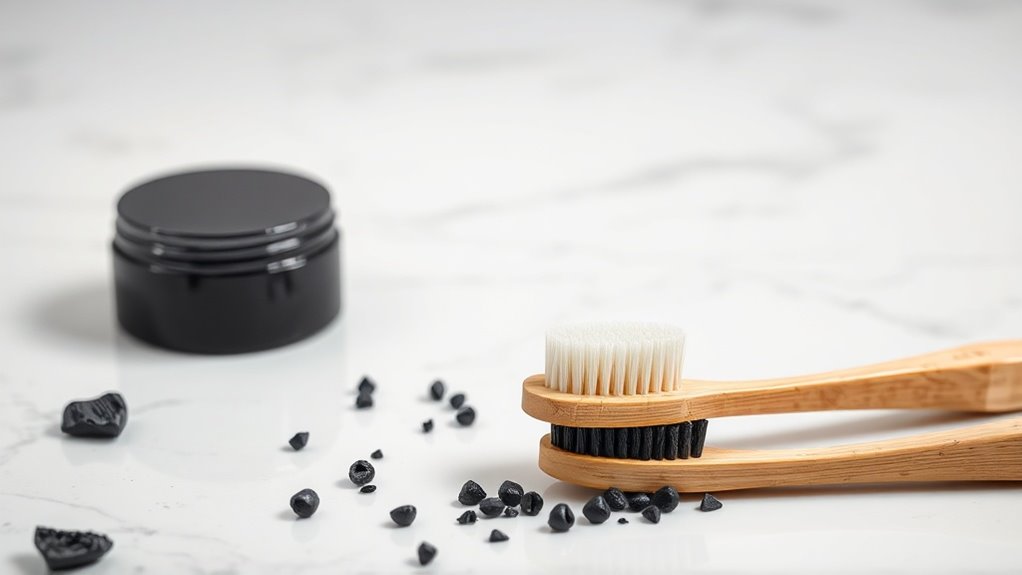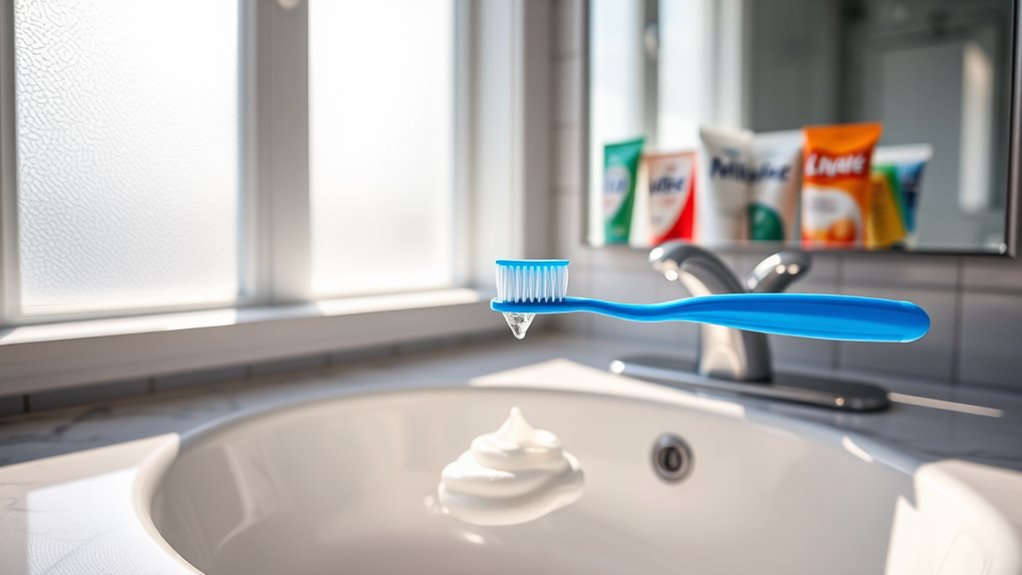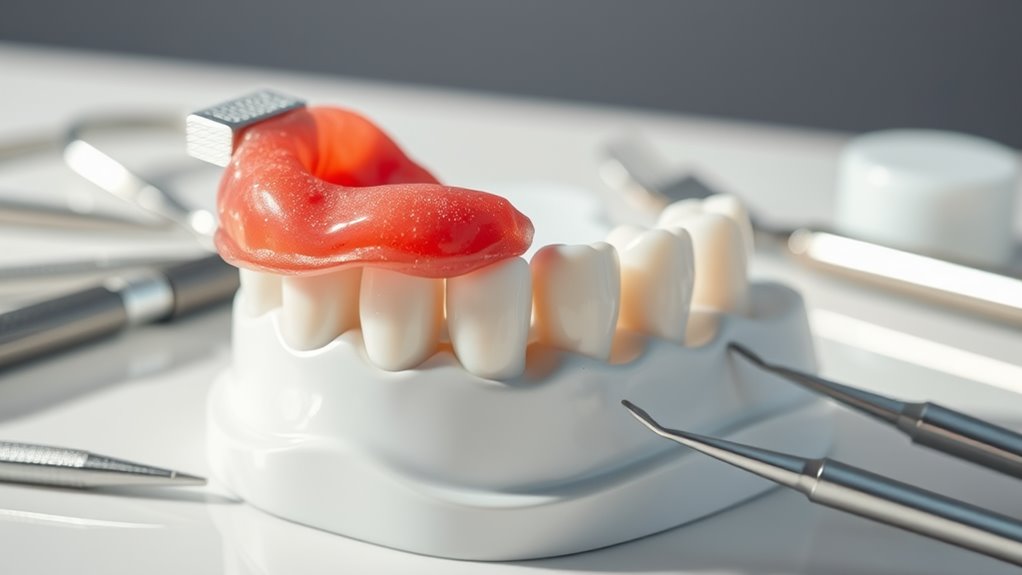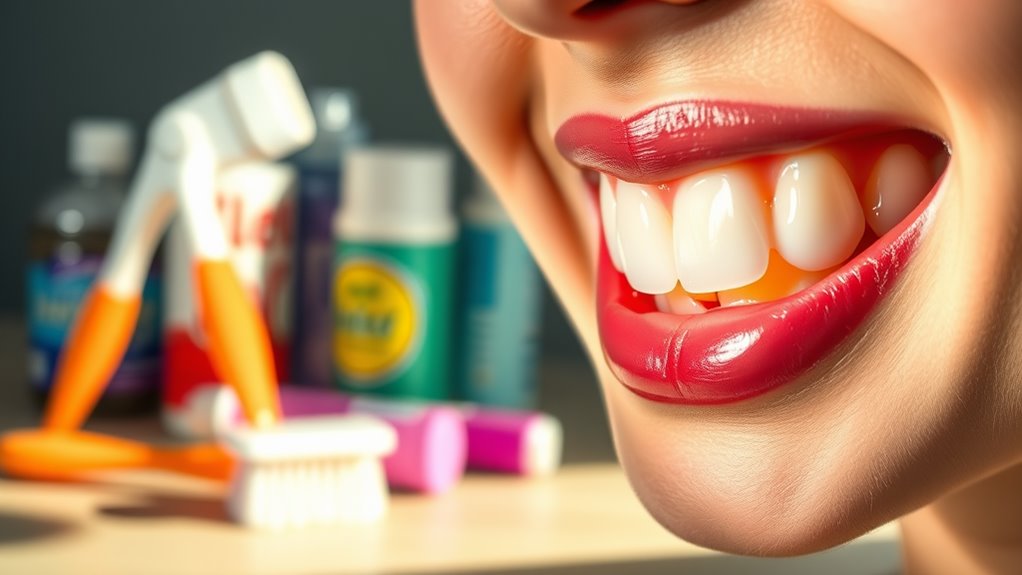The Truth About Charcoal Toothpaste
You’ve probably heard the buzz about charcoal toothpaste and its supposed benefits for oral health. While the claims of stain removal and fresher breath sound appealing, there’s much more to consider. Before you make the switch, it’s crucial to understand both the potential benefits and the associated risks. What do the scientific studies say about its safety and effectiveness? Let’s explore the truth behind this trend and what it might mean for your dental routine.
The Origin of Charcoal Toothpaste
Although charcoal has been used for medicinal purposes for centuries, the emergence of charcoal toothpaste is a more recent phenomenon.
It gained popularity in the late 20th century as a natural alternative for oral care.
Charcoal toothpaste facts reveal that many brands tout the benefit of stain removal, yet scientific evidence regarding its efficacy and safety remains limited, warranting careful consideration before use.
How Charcoal Toothpaste Works
Charcoal toothpaste works by harnessing the adsorption properties of activated charcoal, which can help capture and bind impurities and stains on your teeth.
When you brush, the tiny charcoal particles cling to substances like plaque and food particles, effectively lifting them away.
This mechanism may contribute to a cleaner surface, but it’s essential to combine such products with regular dental care for optimal oral health. However, it’s crucial to be aware of the potential risks, such as the abrasiveness of charcoal that can wear down enamel over time.
Potential Benefits of Using Charcoal Toothpaste
Using charcoal toothpaste can offer several potential benefits for those looking to enhance their oral hygiene routine. Many users report whiter teeth, reduced bad breath, and improved gum health. It’s important to choose a high-quality product to maximize these benefits, as they can vary by brand.
| Benefits | Description | Emotional Impact |
|---|---|---|
| Whiter Teeth | Brightens your smile | Boosts confidence |
| Fresh Breath | Fights odor | Increases comfort |
| Healthier Gums | Reduces inflammation | Promotes well-being |
Risks and Side Effects Associated With Charcoal Toothpaste
While many users enjoy the potential benefits of charcoal toothpaste, it’s important to be aware of the risks and side effects that may accompany its use.
These can include:
-
Enamel erosion: Abrasive properties may wear down protective enamel.
-
Gum irritation: Charcoal particles can cause discomfort or inflammation.
-
Staining: Ironically, charcoal may leave stains on dental work or surfaces.
Consult your dentist for personalized advice on usage and safety.
Comparing Charcoal Toothpaste to Other Whitening Options
When considering various options for teeth whitening, charcoal toothpaste presents a unique alternative that some may find appealing.
Unlike traditional whitening strips or professional treatments, charcoal toothpaste offers a natural approach.
However, while it may help remove surface stains, it lacks the clinically proven efficacy of other methods. Regular use of charcoal toothpaste can lead to potential enamel damage, so it’s crucial to weigh the benefits and limitations before making your choice.
Recommendations for Safe Use of Charcoal Toothpaste
Charcoal toothpaste can be an interesting option for those looking to enhance their oral hygiene routine, but it’s important to use it safely to protect your teeth and gums.
Here are some recommendations for safe use:
- Use it no more than once or twice a week.
- Choose a brand with fine charcoal particles.
- Follow with a fluoride toothpaste for added protection.




